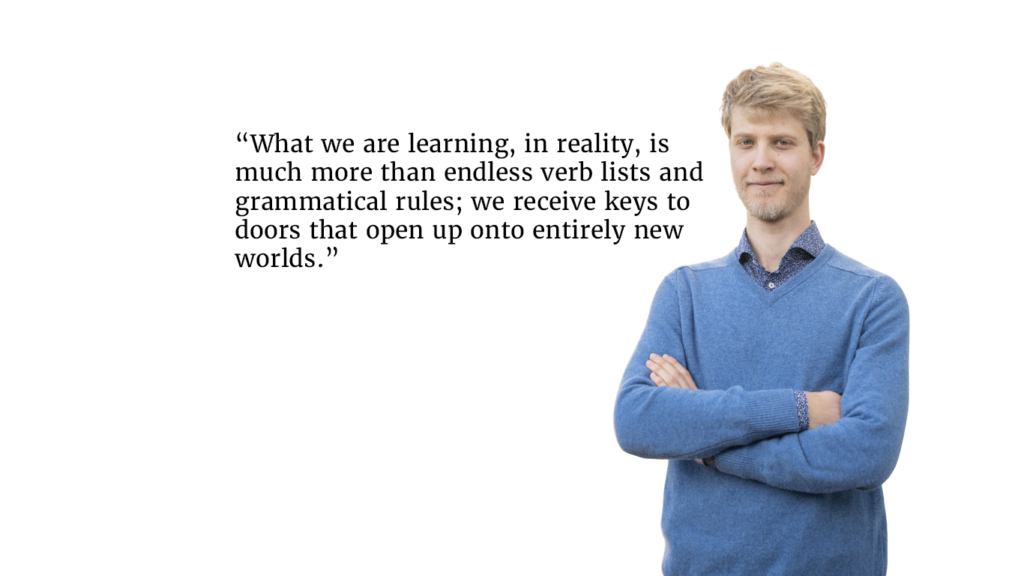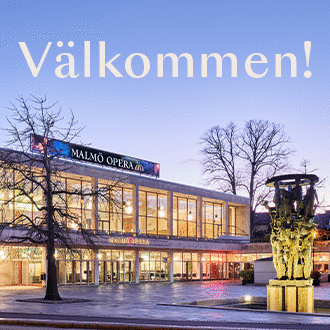Why bother learning another language when everyone speaks English anyway? International student columnist Ondrej Gomola elaborates on the importance of learning a second language–as it offers a window into culture of the host country.
If you are reading this column, chances are that you are bilingual, or at least have some command of English. The latter is likely your second language, finding yourself in Scandinavia after all. Or indeed, you may be a born and bred anglophone coming from a land west of the Channel. Either way, you have probably had to communicate in a language you might not have been fully comfortable in; you have therefore visited the vocabular no man’s land I am about to describe.
Language is full of nuances and subtleties, which are conquered towards the tail end of one’s linguistic learning curve. At the beginning, it is difficult enough to try to string together simple sentences, let alone complex, connotation-filled phrases. It is the difference between saying “what?” in English and coming across as rude and disrespectful and the Swedish “va?”, here seemingly as ubiquitous as the consumption of pickled fish, and not at all burdened with unwritten rules.
All around us, we see that this experience is very personal. After all, language is the main way us humans get along. That’s why having a good command of a language is useful—and why it can be so debilitating when it’s missing.
We have all felt the gut-wrench of not being able to express a thought—or of having an idea we are ecstatic to share, only to find ourselves not being able to find the right words to get it across. But if you find yourself conversing with a kind soul, they will offer you a vocabular helping hand, bridging the gaps in your (and their) linguistic competences. Similarly, correcting somebody’s language—when endeavoured with tact, of course—is often a sign of one’s willingness to help rather than an instance of the grammar police turning up on your doorstep.
Being fortunate enough to be a polyglot is a privilege historically few have been able to acquire. In an increasingly interconnected world, the importance of languages is hard to overstate. But as we have seen, learning a language is a toilsome, frustrating experience. Why even bother when most people speak English anyway?
Learning a language opens a door onto the discovery of a new culture, a new peoples’ history and shared experiences. Idioms, for instance, can say much about the people who speak it: when it’s time to press on the mushroom (« appuyer sur le champignon ») in French, you’re really putting the pedal to the metal, or when you’ve fallen into the apples (« tombé dans les pommes »), you’ve fainted—all examples of how food permeates the French experience. In Sweden, you should keep in mind that there’s no cow on the ice (“Det finns ingen ko på isen”)—illustrating, in a succinct way, how the frigid Scandinavian climate influences life and language.
What we are learning, in reality, is much more than endless verb lists and grammatical rules; we receive keys to doors that open up onto entirely new worlds. Worlds as striking as poetry, literature and cinema—but it is up to us to actually unlock them.












